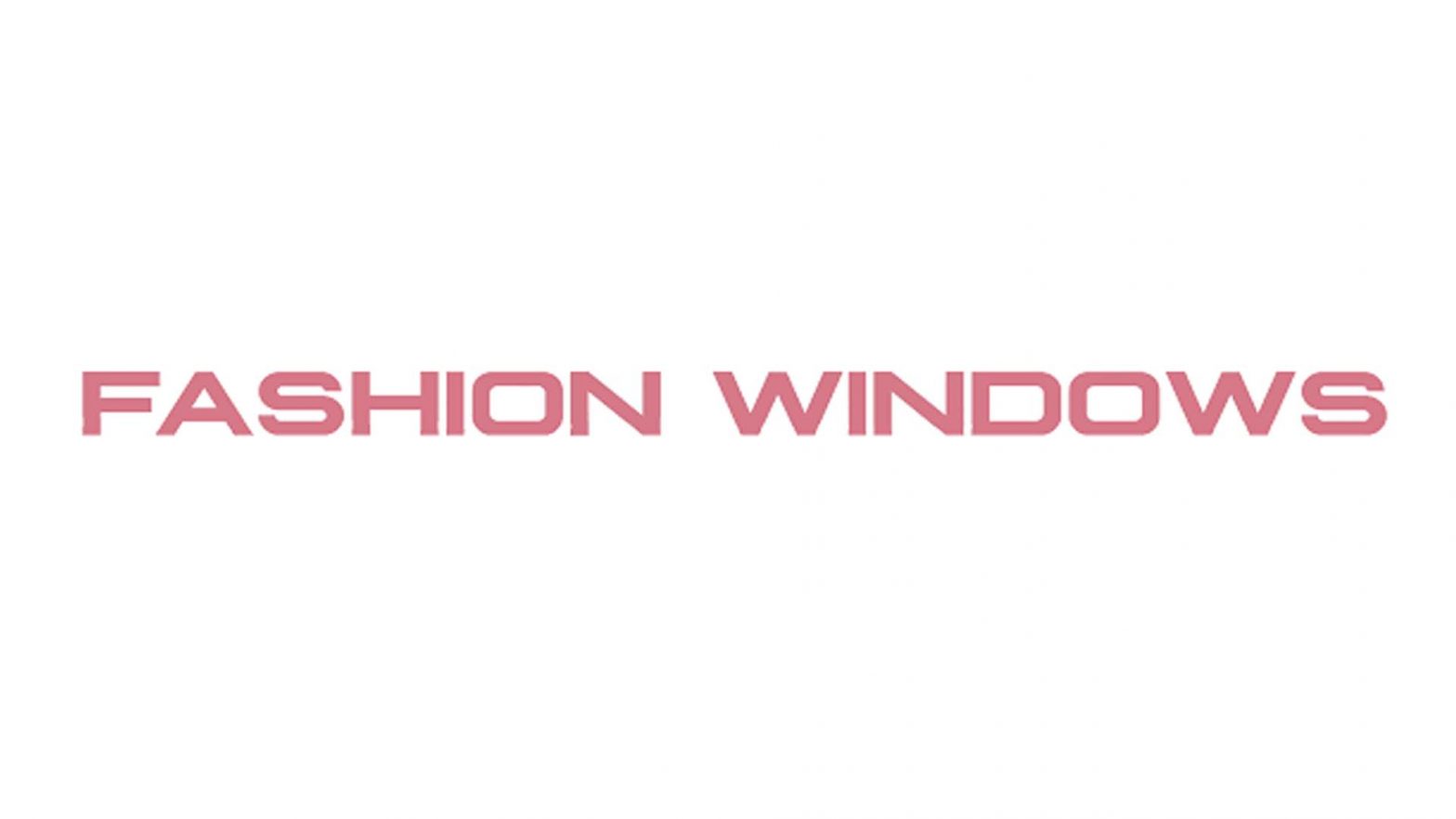In a free-wheeling conversation, Paris-based Henri Joli, an International Artistic Consultant shared his thoughts about fashion and the effect of the pandemic to the industry, answering the question, quo vadis fashion?
The covid-19 virus has not changed fashion, but it will certainly change the pace because all these fashion shows over the course of a year have become obsolete today and the public is no longer capturing anything because too many collections.
Fashion and the world will not emerge unscathed from this crisis. There will be great change and it is necessary. We will have to keep the essentials and banish all the superfluous! If we adopt this system, of course, supply chains will have to keep pace.
More than half of the sourcing of French labels is Asian for the ready to wear!
China and Hong Kong account for 27% of the supply of French brands and the rest of Asia for 33%, according to figures from the Observatory of the French Fashion Institute. So, with this coronavirus crisis, if commercial activity has stopped in China, so too has industrial activity.
Every country had to modify the work schedule a bit and review the initial collection plan, but nothing very important. Beijing is much further north than Wuhan and Shanghai, which is why we have had less impact compared to the epidemic. However, production will be affected because the factories have been reopened with reduced staff.

If we believe the local players, in China, the crisis has already weakened several players in small and medium-sized textile production in China whose liquidity has been sapped by these weeks of inactivity. As for the large garment manufacturers, it is clear that the entire value chain is affected by the current crisis.
It therefore seems difficult for the brands that have built their model with a very predominantly Chinese production to defend their positions during the next season. Their prices and margins, and therefore their place in a very competitive market, could be weakened. Conversely, players who have already mixed their sourcing could take advantage of the situation to gain market share.
In the medium term, on the production side, the shock could well accentuate a deeper trend and accelerate the redefinition of the global sourcing map with potentially a strengthening of the scale towards Bangladesh, but also Southeast Asia (where many ‘Chinese companies have also invested themselves), which was in fact already under study for many brands.
With cards widely beaten, this crisis can be an opportunity for brands to rethink their supply strategy in light of the increasingly pressing expectations of consumers regarding environmental and social issues.
And despite this pandemic Fashion will always remain international and it is moreover essential for our economic exchanges. Our way of consuming will be different and beside we already feel it!
Henri Joli

An International Artistic Consultant, Paris-based Henri Joli is recognized for his leading role and leadership in haute couture houses. For more than 20 years, Joli worked alongside Jean-Paul Gaultier where he participated and organized all manner of events for the French couturier’s maison.
In 2006, he launched his maison de haute couture with a young couturier, helping him on all the existing and essential areas for the past 12 years. In 2018, Joli launched Henri Joli Partners Consulting Ltd., a multi-faceted platform with a focus on fashion.
In less than a year since its founding, Henri Joli Partners Consulting Ltd. has successfully assembled a significant number of Chinese clients as it offered its services to the Chinese fashion industry.
